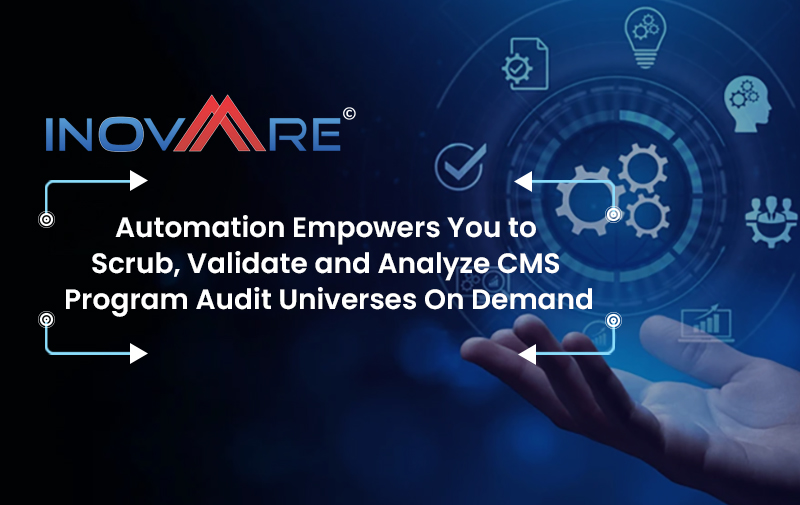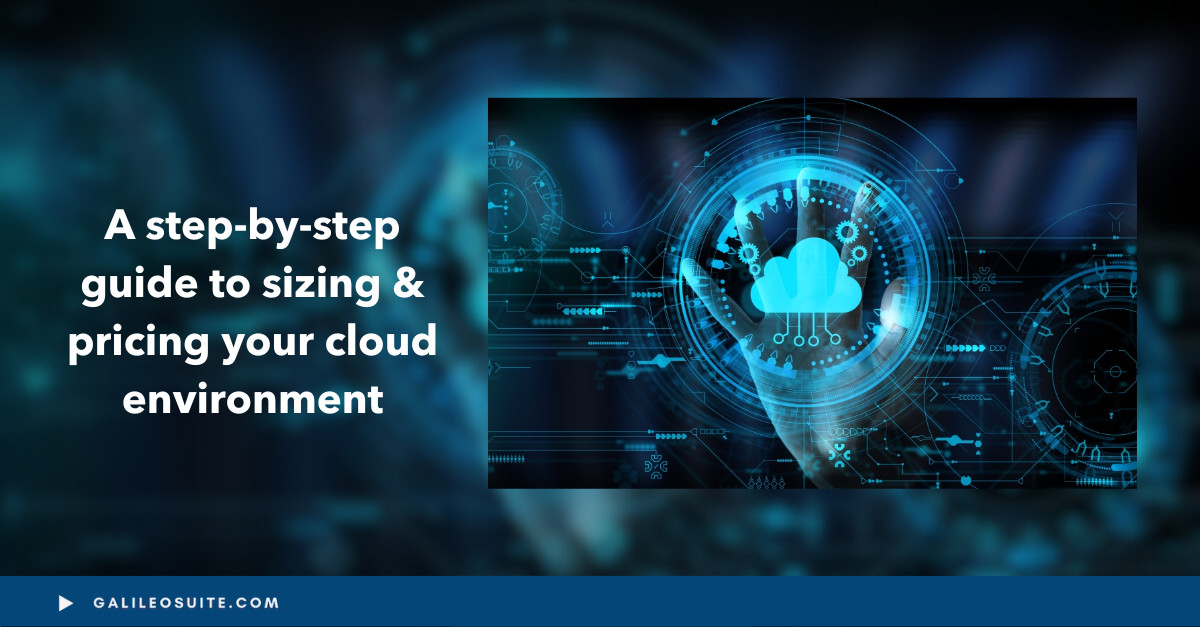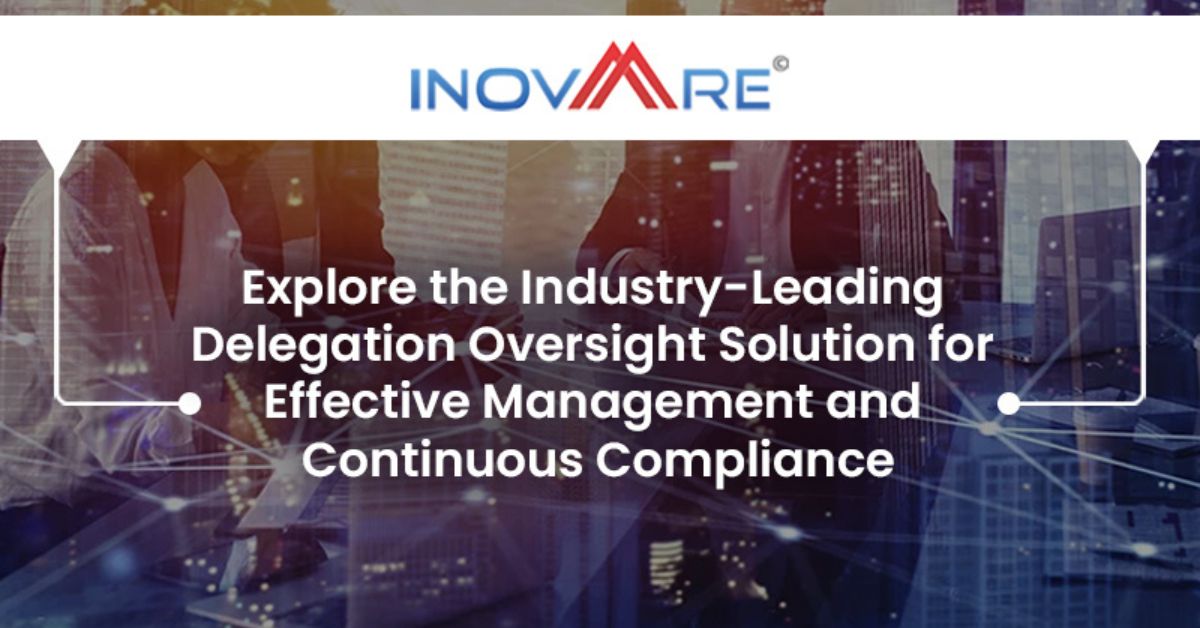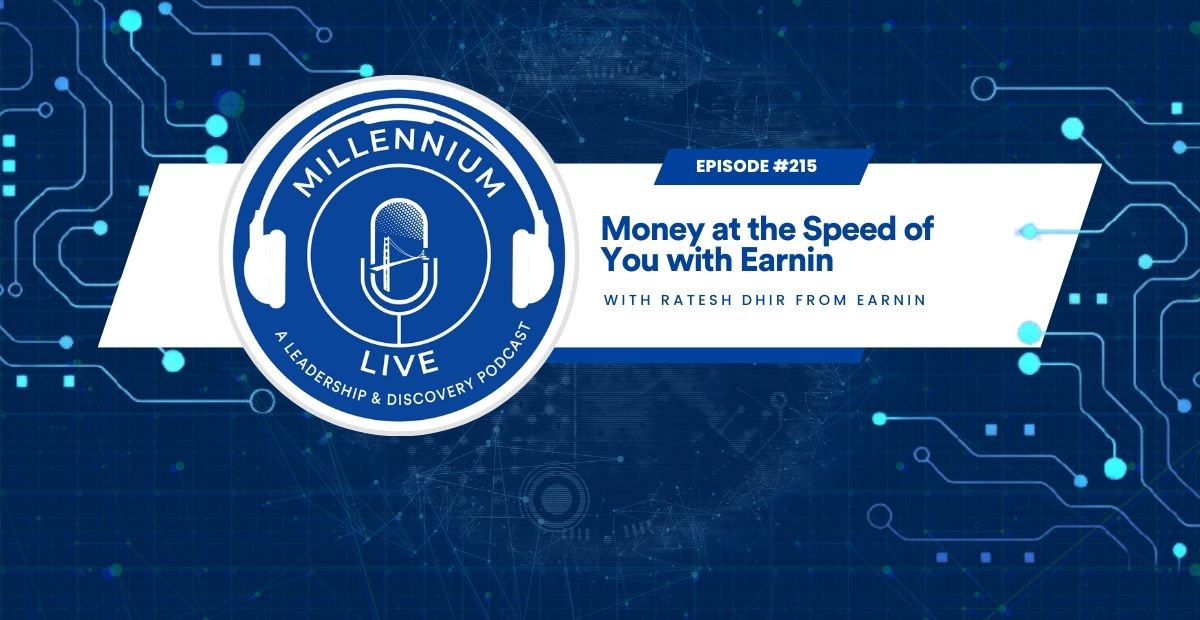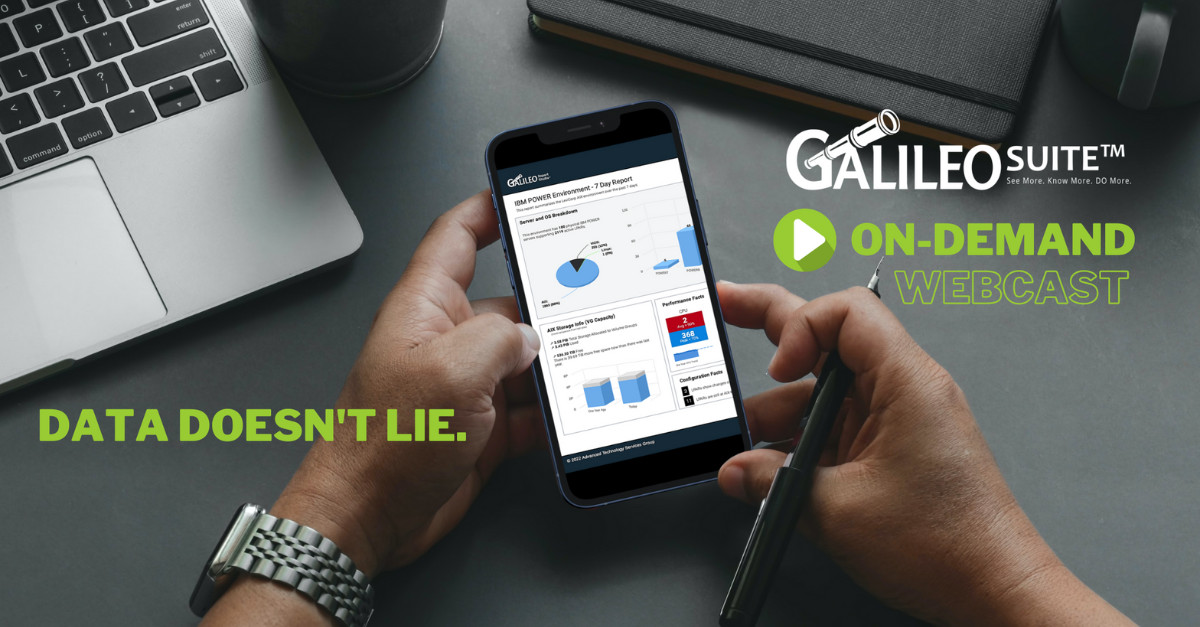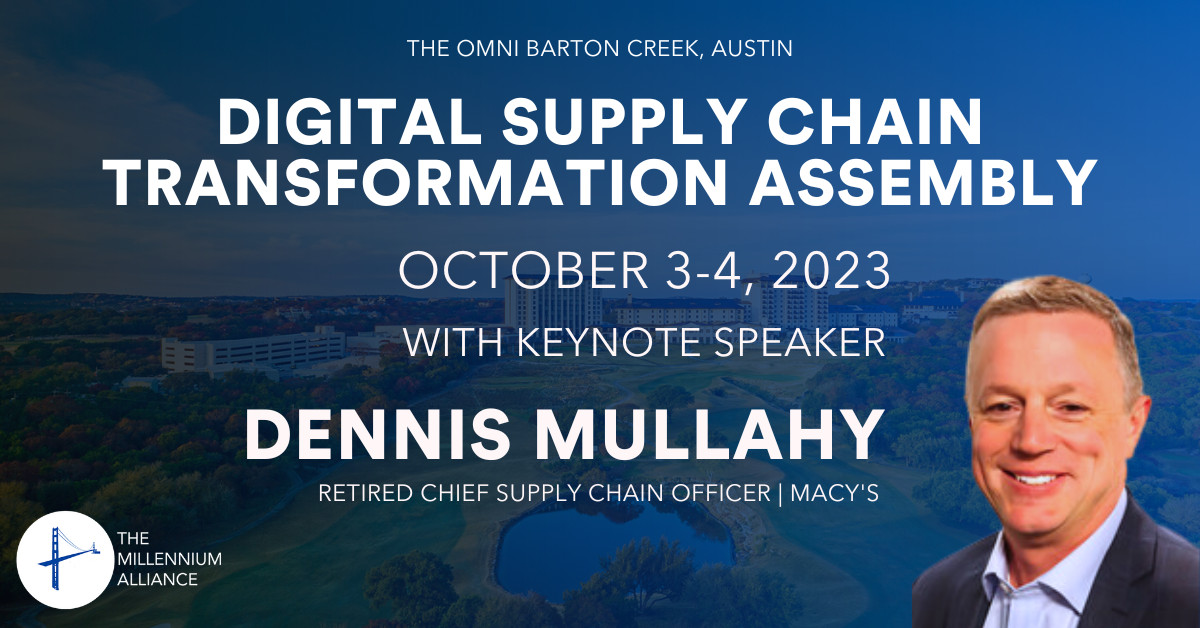Contributed by Inovaare
Health plans can now ensure properly formatted CMS universes within minutes through automation!
Our partners at Inovaare’s Universe Scrubber has over 2,200 of the latest regulatory and schematic rules, as well as best practices, built into the system. Within minutes, Universe Scrubber can scrub, validate and analyze all CMS Program Audit universes on demand with the click of a button:
- ODAG
- CDAG
- SARAG
- FA
- CPE
- CCQIPE
- SNP-MOC
To learn more about how their Universe Management can create a culture of compliance throughout your health plan, contact Inovaare today!
About Inovaare
Inovaare transforms complex compliance processes by designing configurable AI-driven automation solutions so healthcare organizations can collect real-time data across internal and external departments, creating one compliance management system. Inovaare’s comprehensive suite of HIPAA-compliant software solutions features best-practice regulatory processes to help healthcare organizations efficiently meet their unique business requirements, sustain audit readiness, reduce non-compliance risks, and lower overall operating costs.
Inovaare offers highly configurable healthcare compliance automation solutions, which streamline and automate compliance and business processes and help healthcare organizations reduce risk, lower operational costs and increase compliance visibility.
Inovaare’s approach to CMS and state-level compliance is fundamentally different from conventional methods because its systems enable compliance teams to monitor organizational performance at the source, in real-time.
No more time lag. No more reliance on IT to create and deliver the reports you need. No more waiting on operational areas to send you KPIs you haven’t validated. No more wondering where your first-tier, downstream, and related (FDR) delegated entities stand.
Inovaare empowers you with direct access to the operational data you need, in the form and format that meets your requirements — as well as CMS requirements — by delivering accurate, efficient compliance solutions in real-time.
To learn more, visit inovaare.com.
